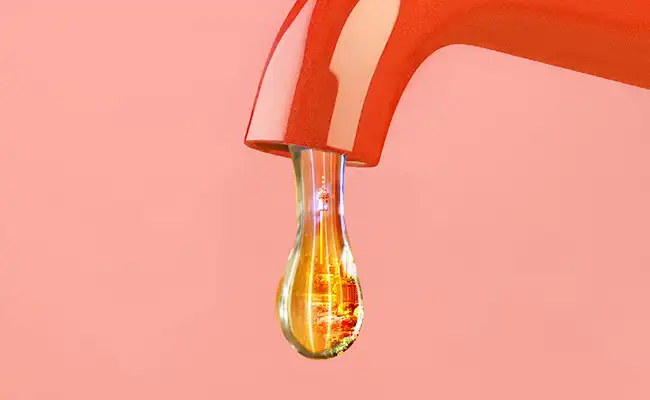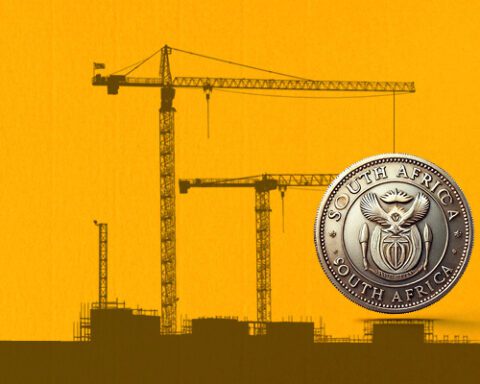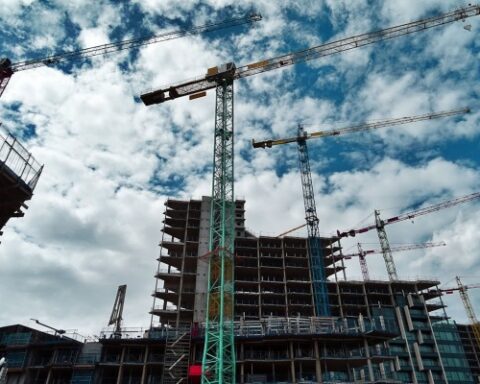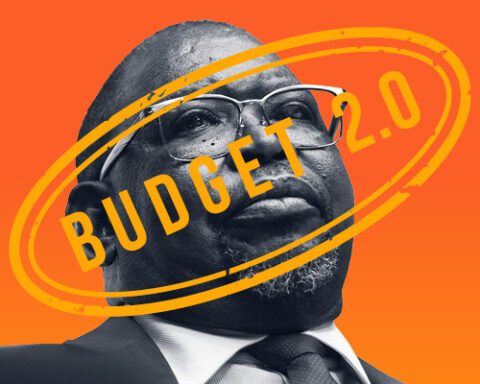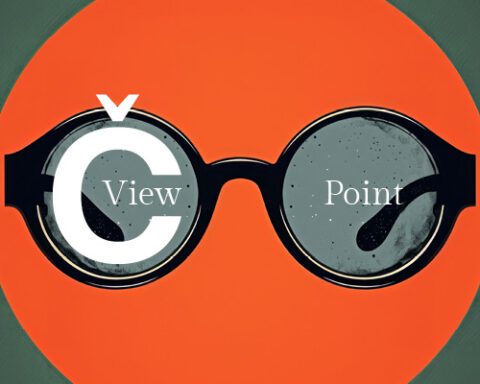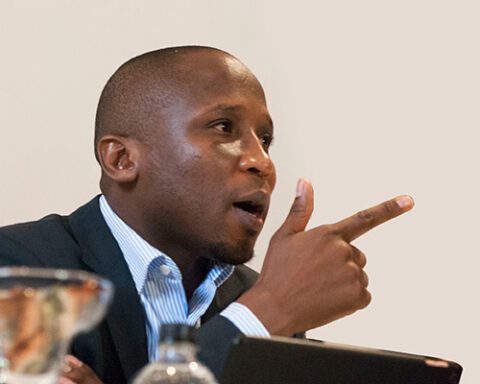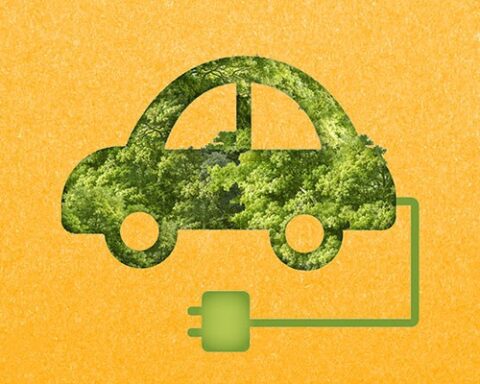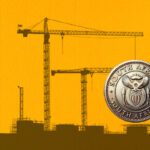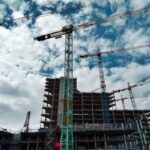You’d be forgiven for thinking Joburg Water is staffed by three gents in a jalopy. The absence of the utility’s presence on the streets – while drinking water gushes down cratered roads – suggests it has about as many employees as there are working streetlights on the way to OR Tambo airport. Virtually none, in other words.
There is, in fact, a staff complement of 2,835, excluding what one assumes is a multitude of contractors. The task of the guys on the ground, however, is Sisyphean: according to the Joburg Water 2024/2025 business plan, the utility is dealing with upwards of 35,000 burst pipes a year. And – if you’ll suspend disbelief for just a second – it’s apparently fixing 75% of these leaks within 48 hours, according to the city’s annual report.
That’s not to say it’s repairing the roads it digs up in that snappy turnaround time; it’s got an agreement with the Joburg Roads Agency to deal with the backlog. A walk around the city will show how well that’s going.
You have to feel for Joburg Water though – its business plan shows just how incapacitated it is.
The numbers are scary. There’s a renewal backlog of R32.54bn for critical infrastructure that will reach end-of-life within 10 years and which requires capital replacement or renewal. Factor in waste-water treatment works and network upgrades for R26.3bn, and you’re sitting at a tally of R58.8bn. That’s a cool R5.88bn a year.
Yet, indicatively, the capex budget for the current financial year is just R1.22bn (of an R83.1bn budget). That’s supposed to go towards addressing backlogs, upgrades, renewal of ageing infrastructure and new infrastructure, the plan notes. Spit in the rain.
Then there’s the actual renewal rate – the proportion of an asset that needs to be renewed each year to ensure it is fully replaced by its life-end. This should be about 2% a year; for Joburg, it’s half that.
If the city were to renew infrastructure at its unambitious target of 1.5% a year, it should be replacing 186km of water mains annually. Only, it’s averaging 87km. And the current plan – lauded by then finance MMC Dada Morero in his May budget speech – is to construct just 77.8km a year over the next five years. It’s like putting a Band-Aid on a broken arm.
It’s not just the pipes; the whole system is crumbling. Forty-two of 192 reservoirs or water towers are “leaking through structural walls or pipework”, and some need immediate repairs. That will come at a cost of R330m. So, it is not possible in a single financial year.
The degraded infrastructure means physical water losses are officially at just under a quarter of all water pumped – at a cost of about R1.7bn. That’s ratepayers’ money – yours and mine – going down the drain. And with a collection rate of just 76% – and money from water services not ringfenced for water infrastructure maintenance – the situation is unlikely to change any time soon.
If that isn’t frightening enough, the utility notes that current expenditure is reactive; a measly 1% is preventative. Get set for a wild ride.
Day Zero
The wastage is thrown into sharp relief by two reports on News24 in the past month (here and here). In one, Wits University’s Francois Engelbrecht warns of “Day Zero” within five years.
If that sounds like end-of-days hyperbole, it’s not: it’s when the taps run dry, and the economic heartland of South Africa grinds to a halt.
In Engelbrecht’s view, this will be brought on by decreased dam storage capacity, climate change – and, of course, infrastructural decay. As he tells it, we’re in for a climate change-induced drought before 2040, affecting Gauteng in particular. And if Joburg is incapable of supplying water when the dams are full – as was the case last summer – then what’s it going to do when water is scarce?
Water expert Anthony Turton, in the other News24 report, notes that the issues can be attributed to a demand-supply mismatch. In brief, it’s not just about getting more water from the Lesotho Highlands project, which we’ll only see in 2028 anyway. If we’re to reduce water use by 10% to avert Day Zero, we’re going to have to stem the astounding water losses in the city.
Turton’s recommendations include fixing networks, reinvesting the funds raised from rates into water infrastructure – ringfencing that money, in other words, for something more useful than profligate politicians and their bodyguards – and addressing illegal connections. There’s also the need for behavioural change; authorities need to convince consumers to become more water-wise.
Enter the politicians
Fixing the situation requires some kind of political will – never mind political stability at the municipal level. The city – and National Treasury – need to urgently intervene to avert a disaster.
It’s concerning, to put it mildly, that the city seems less than fazed by the issue. In his budget, Morero – who in the revolving door of Joburg mayors is now in the top seat – noted the importance of “spending on refurbishing and renewal of existing bulk infrastructure”. Which is something of a joke when you consider the capital allocations to Johannesburg Water.
The city’s website shows him pointing to the replacement of ageing infrastructure through projects like “prioritising pedestrian and cycling infrastructure” and “enhancing public spaces across the city”. Which is all well and good, but it means less than nothing if there’s no water.
Morero is not without perception, apparently. “Reimagining Johannesburg is one thing and living in Johannesburg is another,” he opined in his budget speech.
Yes. Quite.
“We just never stop dreaming about the future of Johannesburg,” he added. Then, running away with himself and the grandiosity of his visions: “There is no reason why we can’t manufacture aeroplanes.”
Actually, right now – and anyone living in Joburg can tell you – the future looks decidedly bleak. And anything more lofty than fixing the failing water infrastructure looks like a pipe dream.
Top Image: Collage. Rawpixel/Currency.
